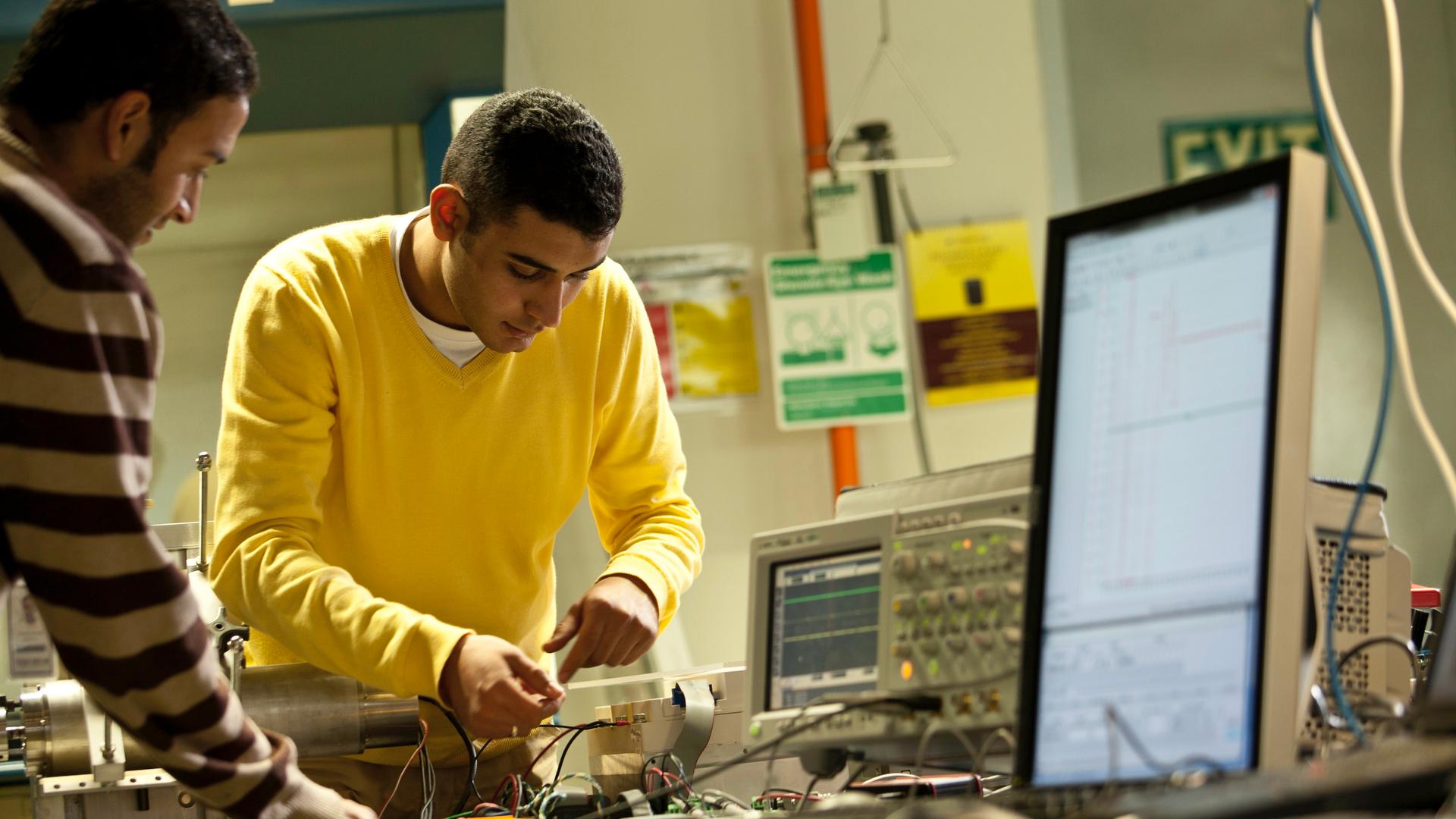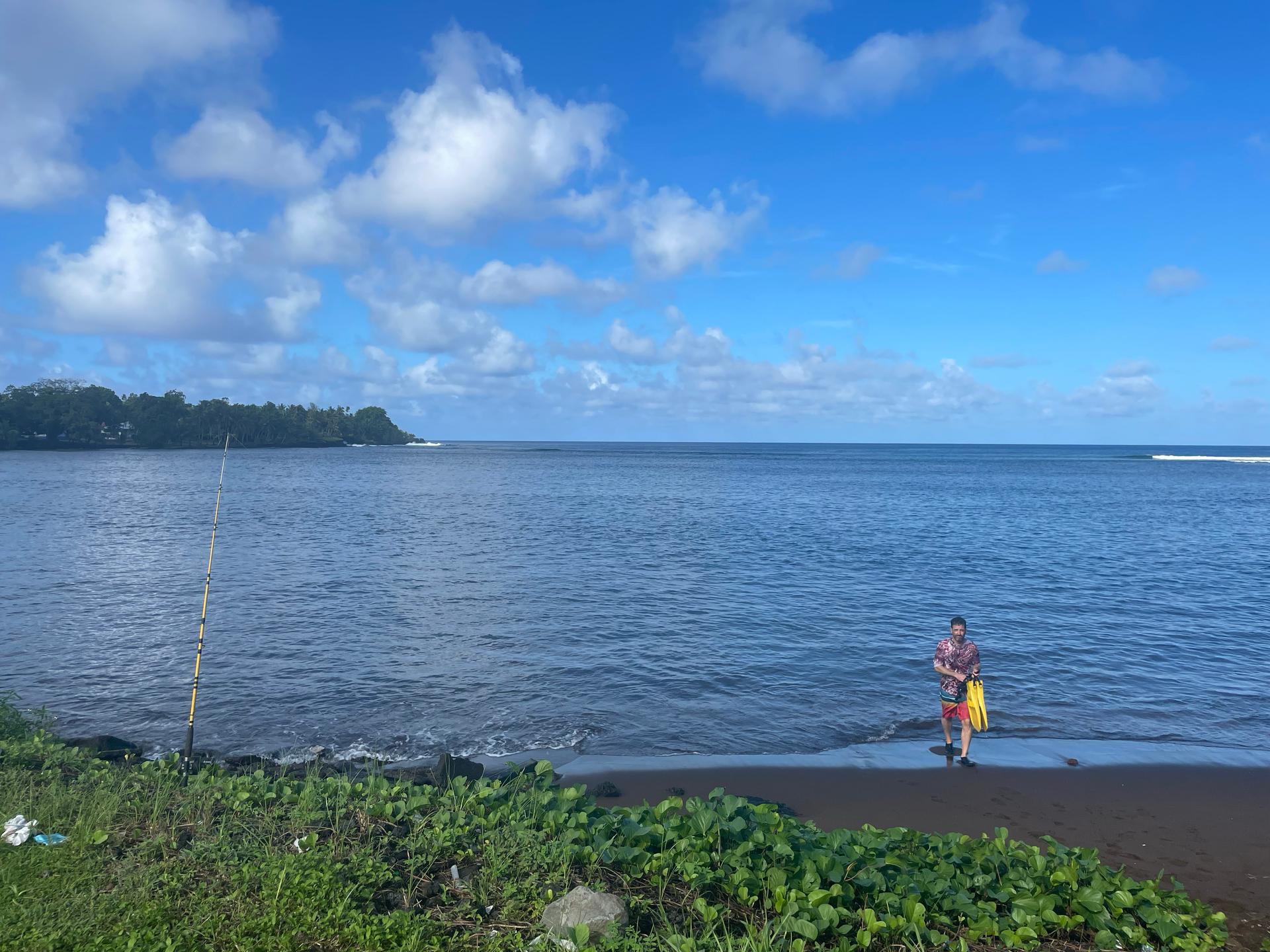Ari Daniel
Ari Daniel is a science and environment reporter for PRI's The World and many museum, non-profit, academic and news organizations. He is passionate about telling human stories about science and empowering others to do the same.
I've always loved science. As a graduate student, I trained gray seal pups (Halichoerus grypus) for my Master's degree at the University of St. Andrews and helped tag wild Norwegian killer whales (Orcinus orca) for my Ph.D. at MIT and the Woods Hole Oceanographic Institution. These days, as a science reporter, I record a species that I'm better equipped to understand — Homo sapiens. My radio stories have been featured on PRI’s The World, Radiolab, and NPR’s Morning Edition and All Things Considered. In the fifth grade, I won the “Most Contagious Smile” award.
The geology behind the deadly earthquakes in Turkey and Syria
This corner of the globe sits at the intersection of three tectonic plates, including the Arabian Plate that’s moving northward into Europe. Pressure along the fault has been building, and when it finally released, it appears that an area nearly 120 miles long and 15 miles wide got displaced, unleashing the earthquake.
After years apart, this Syrian doctor in New York is finally celebrating Ramadan with his family
Saturday evening marks the end of Ramadan. Even though Rami is putting in long hours treating patients with the coronavirus, he’s thankful for a more traditional celebration of Ramadan — with his wife and young son.
Research on whales, cosmos among many studies derailed by pandemic
All over the world, the scientific community is feeling the impact of the coronavirus, both in the field and in the laboratory. In some cases, research has been paused or discontinued. For some, it means changing plans — staying put instead of going abroad, or not being able to return home.
Racing to develop a drug to fight COVID-19
Doctors in China and the US have transfused antibodies from recovered patients directly into the blood of people with severe cases of COVID-19. Dr. Mario Ostrowski and his collaborators want to identify the genes that encode these antibodies and use them to mass produce lab-grown versions — to turn into a drug to treat the infection.
Subscribe to The World’s Latest Edition podcast for free using your favorite podcast player:


